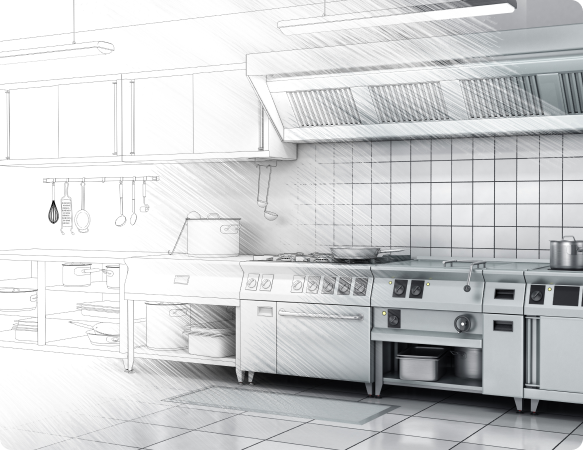
Erzinli Mutfak is a leading manufacturer offering a wide range of high-quality professional kitchen equipment that meets the specific needs of hotels, restaurants, cafes and patisseries.
We produce durable and reliable products by producing at international standards in our modern facilities. We always adopt the principle of keeping customer satisfaction at the highest level and make a difference in the sector with our innovative and environmentally friendly solutions. We continue to provide the best service to our domestic and international customers for years and add value to their kitchens.







